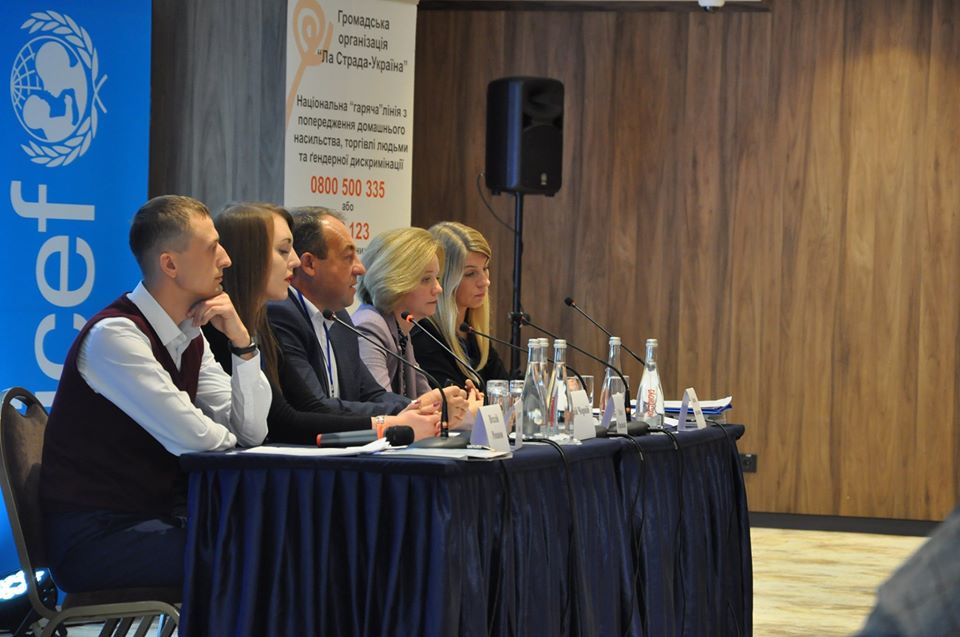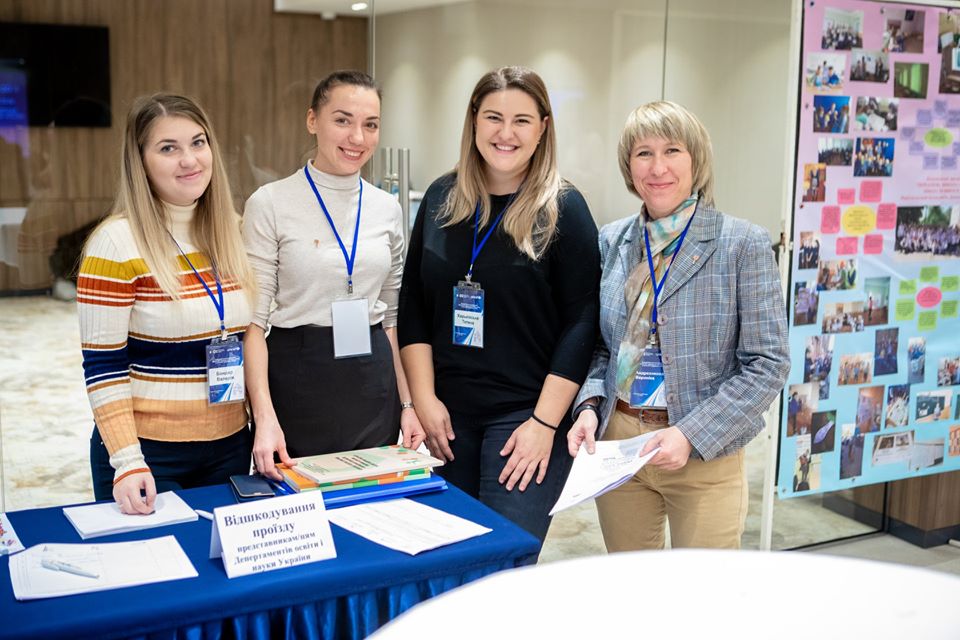Intersectoral round table "Prevention and response to cases of violence and bullying in educational institutions"
Do you agree with the opinion that a person is shaped by the environment in which he is? If so, then you realize how important it is to have a friendly atmosphere and healthy relationships between peers, between students and teachers, as well as in teaching staff in educational institutions where individuals grow and form.

"When we talk about a safe environment, we mean one that promotes a child's development. If a child feels comfortable and safe, he can achieve the best educational result. If a child goes to school as he wishes, if he feels that he is in a circle of friends, then without a doubt, the educational results will be much better," she noted. Olena Sakovych, head of the education sector UNICEF Ukraine during the opening of the intersectoral round table "Prevention and response to cases of violence and bullying in educational institutions".

"Violence has a very serious gender component, it is a manifestation of gender discrimination in its most brutal forms, because power and relations are a sign not only of power structures, but also of interpersonal relations. And state policy should take this into account. At the same time, in Ukraine, this aspect of violence in general and bullying as its manifestation has not been sufficiently studied. And therefore holding today's round table, presenting the results of the study is part of a long and difficult process of development, inclusion and further use of gender methodology and analysis in research and formation of policies to prevent and counter all forms of violence", - speaking at the opening of the round table, she noted Government Commissioner for Gender Policy, Kateryna Levchenko.
The intersectoral round table was moderated by Valentina Khivrych, director general of the directorate of inclusive and extracurricular education Ministry of Education and Science of Ukraine. She also spoke about the activities of educational institutions to implement the requirements of Ukrainian legislation on combating bullying.

"The goal of the Ministry of Education and Science, together with all our interested partners, is to create a safe and comfortable educational environment that supports children's personality, responds to their needs in a timely manner and treats their peculiarities with respect," said Valentina Khivrych.
During the round table, the methodical guide "Anti-bullying in an educational institution: a systematic approach" was also presented, which was approved for use in educational institutions by the Scientific and Methodological Commission on the Problems of Raising Children and Student Youth of the Ministry of Education and Science of Ukraine.
Cooperation of juvenile prevention bodies with state institutions for the purpose of implementing the legislation of Ukraine on the prevention of bullying, positive practices on the prevention of bullying: the role of social services, state policy on children's leisure time free from education, as a powerful lever for combating bullying in the children's environment, specifics of the activities of specialists of the psychological service of the educational institution with the participants of the educational process in the situation of bullying against the child - all this and many other important topics were discussed during the round table.

In conclusion, Martina Tomić-Latinač, Head of Child Protection Programs, UNICEF Croatia, spoke about cross-sectoral interaction and community participation in creating a safe and supportive environment in educational institutions: opportunities and challenges. And also Hervé Moren, UNICEF international education specialist, presented the results of the study based on the adapted SCORE Social Cohesion and Reconciliation methodology.
Intersectoral round table - scored three points. Why three dots? Because there will be more! After all, the participants of the events are teachers from different parts of Ukraine, who will implement the acquired experience and knowledge in their educational institutions.

